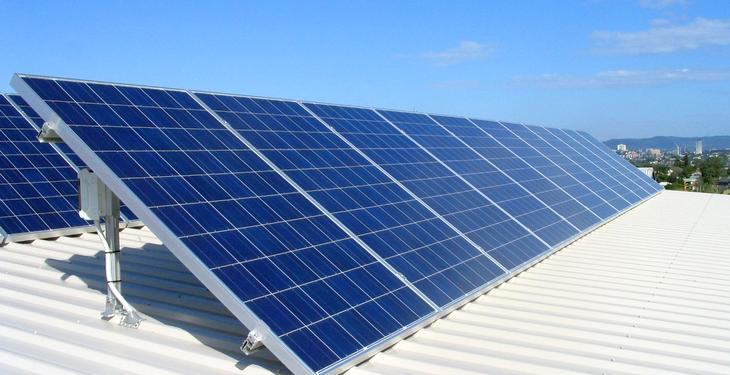UPDATE June 8: Draft Law approving Government Emergency Ordinance no.24 / 2017 amending and completing the Law no.220 / 2008 appears on the agenda of the Commission for Industries in June 12, which suggests that new changes could appeared before the vote in Parliament’s plenary!
Although the Commission for Industries and Services of the Chamber of Deputies has approved most of the amendments to renewable legislation with industry leaders since May, new changes have been made in the meantime, and the final form was only approved on Tuesday, June 5th. Next is the vote is in the plenary of the parliament, said sources from the market for energynomics.ro.
“They are trying to speed up the vote proceedings so that it would be done until the beginning of the parliamentary holiday, but nothing is settled,” said the source.
The main change to the project was the elimination of the pro-rata sale of green certificates (GC). Another important change is that prosumers (the small individual producers) will not pay taxes on the energy delivered into the grid.
Then the draft would allow for the emergence of so-called “virtual plants”. “More specifically, it is about the possibility of aggregation offered to renewable producers. However, ANRE will have to issue norms for this amendment within about six months,” said the source.
“In addition, solar energy certificates would recover faster, with periods being reduced by a few years. And the draft also introduces the obligation for suppliers to buy 50% of certificates in the spot market.”
The law introduces the premium feed-in tariff, which must however be notified to the European Commission, which will lead to delays of around one or two years in applying this provision.
Finally, the law introduces an amendment that supports small producers who will be able to make bilateral contracts for capacities of up to 3 MW, from up from 1 MW to date, outside of OPCOM. Although their share in the market is not known, it cannot be very high, since small-scale investments are insignificant. “This amendment would be beneficial to solar plants,” the cited source said.
More details will be provided after the Commission’s report will be published, most likely on this Wednesday.

